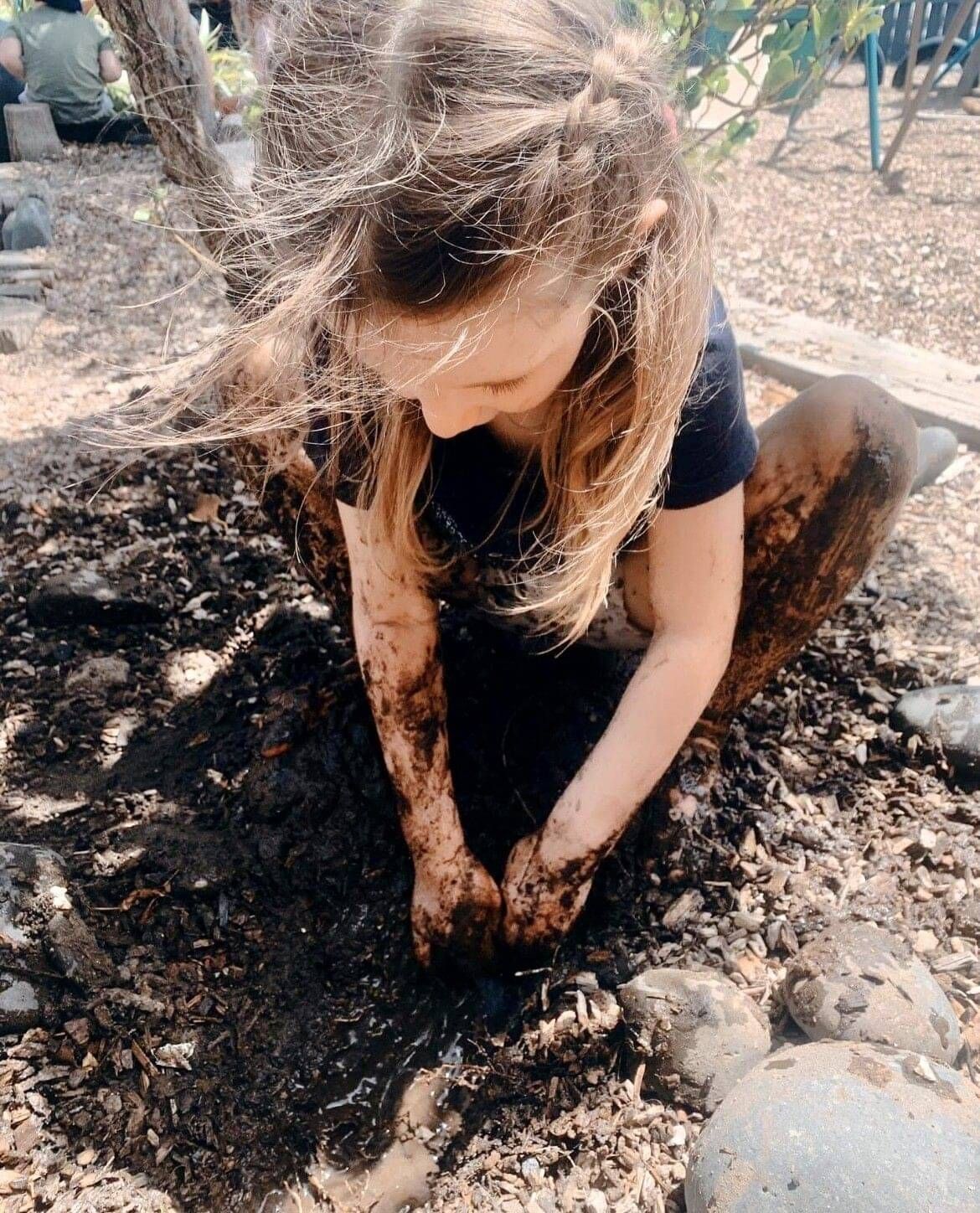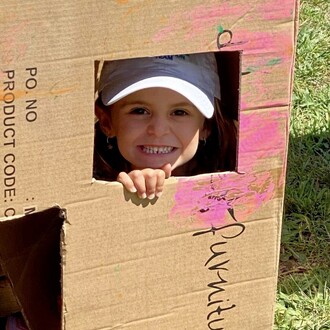Our Philosophy
We, at Mercury Bay Preschool, operate under the NZ Early childhood curriculum, Te Whāriki, where tamariki are “competent and confident learners and communicators, healthy in mind, body and spirit, secure in their sense of belonging and in the knowledge that they make a valued contribution to society”.
Our tamariki are our most precious taonga, and we believe that each tamaiti is a gift, who comes to us with their own unique culture, strengths, talents, and interests. Kaiako value the tamaiti’s individuality and diversity and this guides the kaiako’s relationships with whānau, hapu, and iwi.
The contribution and involvement of our whānau is embraced, valued, and encouraged to ensure that each individual tamaiti shines and their interests, desires and aspirations are enriched.
Creating effective relationships (whakawhanaungatanga) between kaiako, tamariki and whānau, based on openness, honesty and respect is one of our values and this sets the foundation for learning and teaching.
As tamariki discover in an environment full of stimulation and wonderment, their natural curiosity will inspire and shape our evolving curriculum.
Kaiako acknowledge and recognise Māori as tangata whenua and assumes a shared obligation for protecting Māori reo and tikanga within our early childhood setting.
Aroha, kindness and respect is at the heart of our practice.
We encourage and appreciate the awareness of the bi-cultural heritage within New Zealand.
These multi-cultural values are interwoven and visible in our curriculum and environment.

Our Curriculum
Our stunning, nature-rich surroundings provide the perfect backdrop for our early childhood education curriculum where our highly skilled kaiako guide children through a diverse and carefully crafted curriculum which is underpinned by Te Whariki, the National NZ Early Childhood Education Framework.
Te Whāriki is founded upon four principles:
Empowerment | Whakamana – Early childhood curriculum empowers the child to learn and grow
Holistic Development | Kotahitanga – Early childhood curriculum reflects the holistic way children learn and grow
Family and Community | Whānau Tangata – The wider world of family and community is an integral part of early childhood curriculum
Relationships | Nga Hononga – Children learns through responsive and reciprocal relationships with people, places and things
Te Whāriki – the national Early Childhood Education curriculum
Te Whāriki is founded on the following aim for children; to grow up as competent and confident learners and communicators, healthy in mind, body, and spirit, secure in their sense of belonging and in the knowledge that they make a valued contribution to society.


